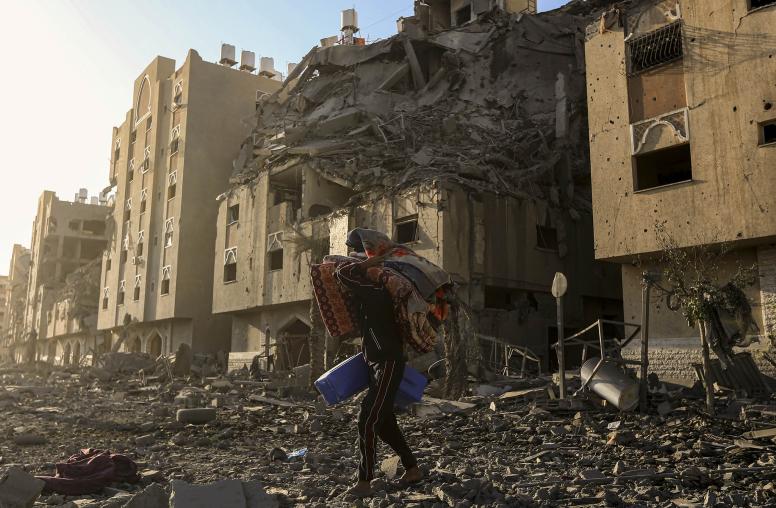Negotiating Israel-Lebanon Maritime Borders
In October 2022, after more than ten years of negotiations across three administrations, Israel, Lebanon and the United States announced that an agreement had been reached between Israel and Lebanon on each country’s maritime border. The agreement opens the door for economic and energy development and — at least in the minds of the optimistic — offers the potential for further changes in Israel and Lebanon’s hostile bilateral relationship. The agreement has been lauded for resolving an issue between two countries in conflict with one-another and serves as an example of pragmatism and mutual-benefit overriding long-term hostility.
On February 22, USIP hosted a conversation with Amos Hochstein, U.S. special presidential coordinator for global infrastructure and energy security and the primary mediator of the Israel-Lebanon agreement. The discussion unpacked how the agreement came about, the lessons learned for American diplomacy, and the precedents it may set for broader Israeli-Lebanese relations as well as for conflicts across the Eastern Mediterranean.
Continue the conversation on Twitter using #IsraelLebanonAgreement.
Speakers
Lise Grande
President and CEO, U.S. Institute of Peace
Amos Hochstein
Special Presidential Coordinator for Global Infrastructure and Energy Security
Mona Yacoubian, moderator
Senior Advisor, Executive Office and Middle East and North Africa Center at U.S. Institute of Peace



